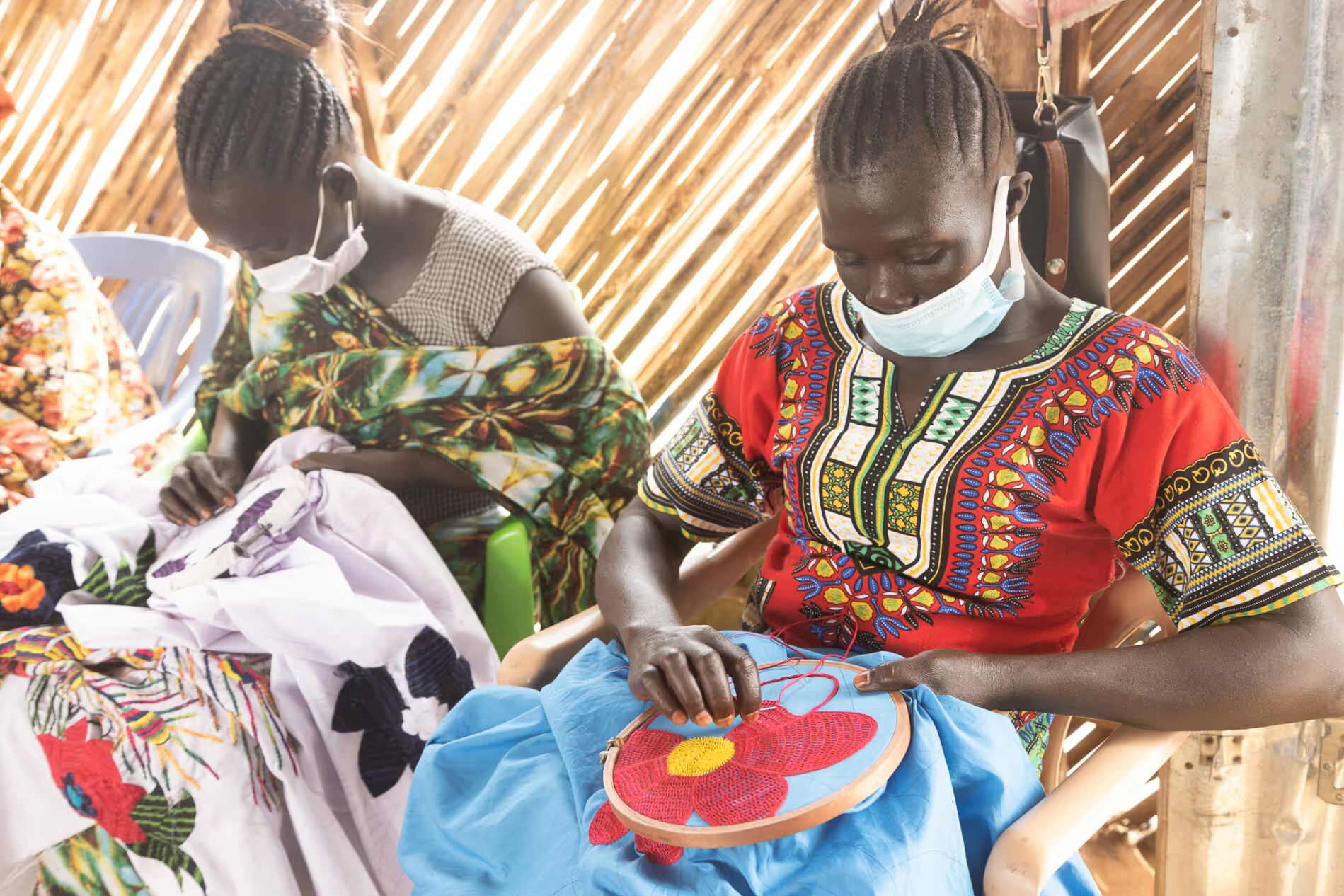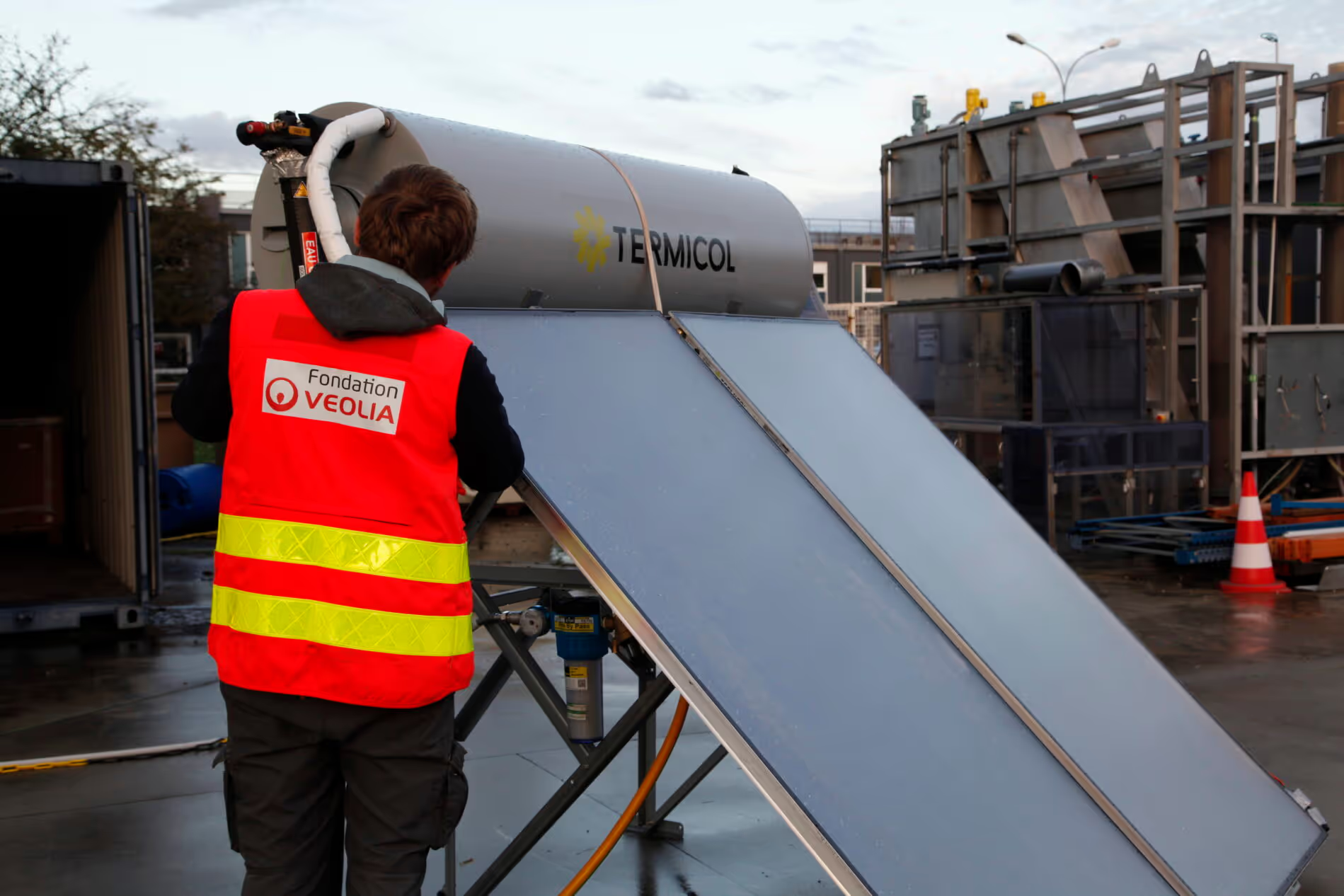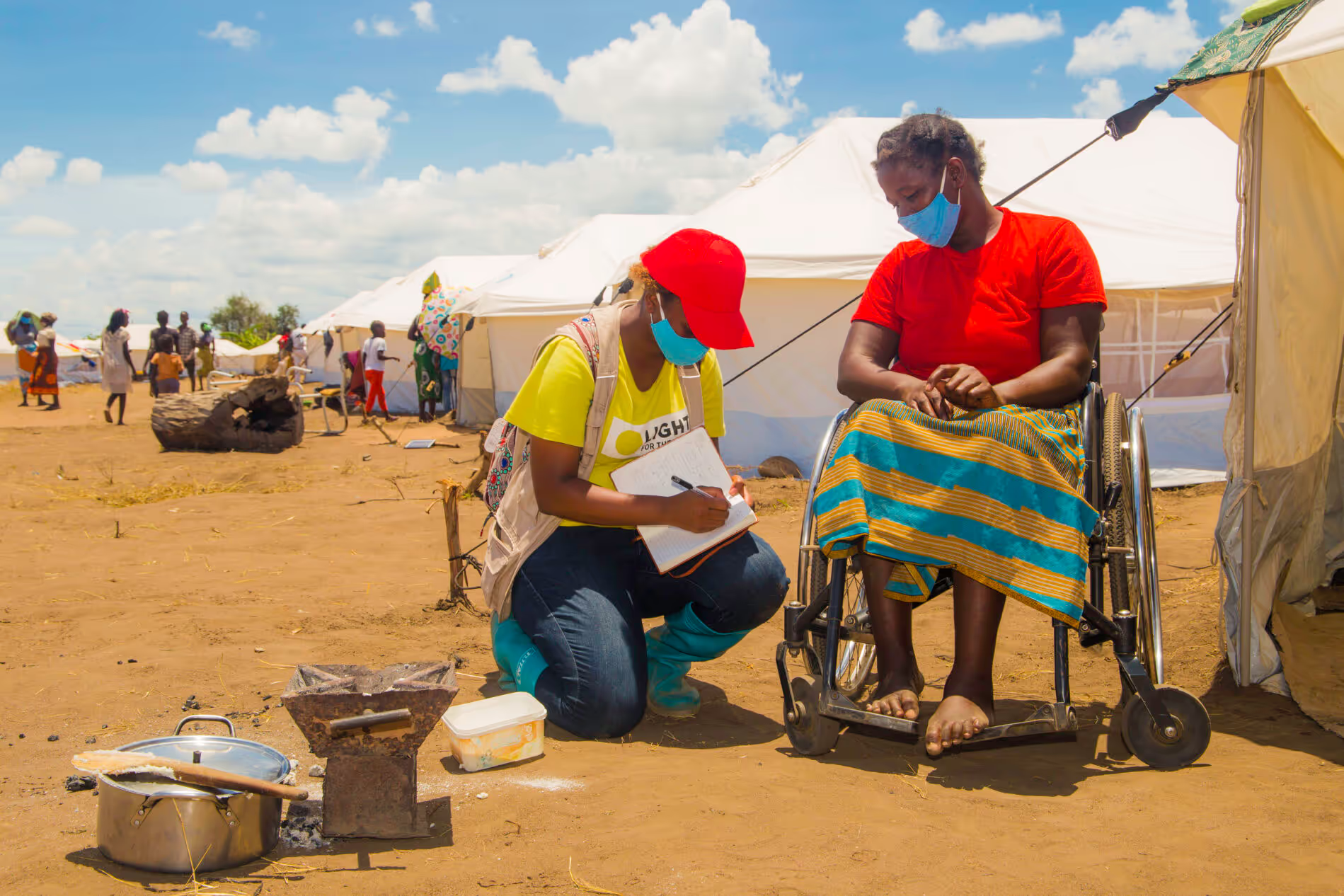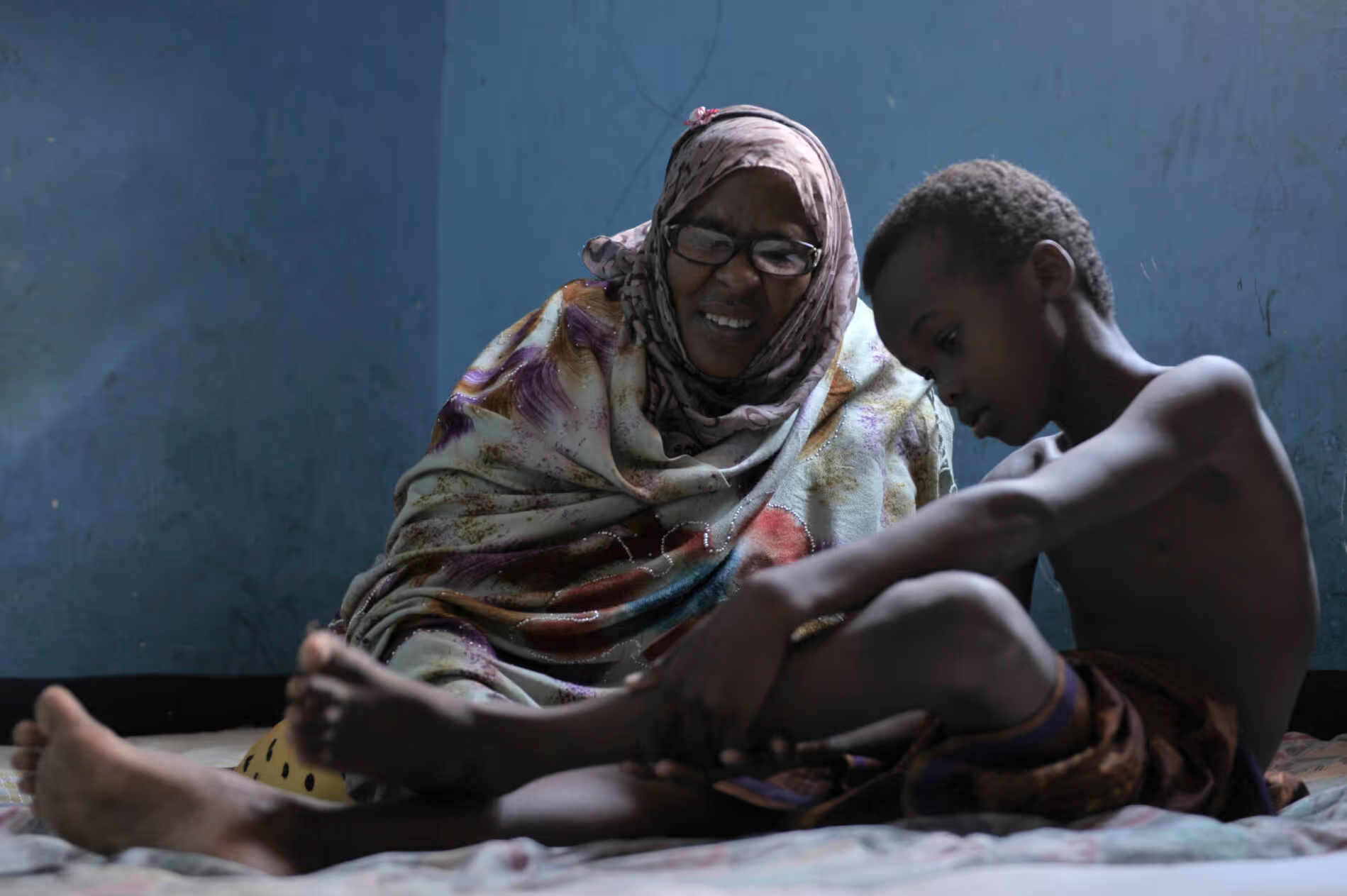Self-examination DNA swabs supporting investigations of sexual violence

Project overview
Sexual and gender-based violence is notoriously difficult to investigate and prosecute, particularly in humanitarian emergencies where medical facilities and trained staff are lacking. Our solution is to explore innovative self-examination DNA kits to improve access to justice for victims.
Project solution
This project offers [specific solution or intervention] to tackle [challenge]. By implementing [strategies, tools, or innovations], the project aims to achieve [desired outcomes]. The approach is designed to [specific actions or methods] to bring about meaningful change in [community, region, or issue area].
Expected outcomes
This project aims to achieve [specific outcomes], such as [measurable results, improvements, or changes]. The expected impact includes [benefits to the target community, advancements in research or innovation, or long-term effects]. By the end of the project, we anticipate [specific changes or milestones] that will contribute to [broader goals or objectives].
Sexual and gender-based violence is notoriously difficult to investigate and prosecute, particularly in humanitarian emergencies where medical facilities and trained staff are lacking. Our solution is to explore innovative self-examination DNA kits to improve access to justice for victims.
WHAT IS THE HUMANITARIAN NEED?
Investigation and prosecution of sexual and gender based violence in low-resource environments.
WHAT IS THE INNOVATIVE SOLUTION?
Our innovation is a self-examination forensic DNA kit, which could transform humanitarian and legal responses to SGBV by:
- applying a forensic approach that is good practice elsewhere, but novel to the humanitarian context
- allowing access to DNA evidence to corroborate witness statements and support prosecutions
- being sensitive to cultural norms and safety concerns that deter women from seeking invasive medical examinations
- enhancing security for medical staff who risk reprisal for documenting SGBV.
These features increase the impact of our innovation by improving the well being and security of people in humanitarian crises.
WHAT ARE THE EXPECTED OUTCOMES?
The outcomes of this project will provide stakeholder and end-user views on the design and feasibility of our innovation. In particular, gathering the views of NGO and medical clinics as well as criminal justice agencies to inform the feasibility, design and legal requirements of our self-examination DNA kit, is essential to ensure the implementation and impact of the innovation.
This project will also enable us to explore how forensic DNA evidence can be used more effectively to support investigations and prosecutions of SGBV in humanitarian contexts, and how this enhances access to justice and empowers survivors.
Project delivery & updates
Stay up to date with the latest developments from this project. Here, you will find details on what has been delivered, resources created, and regular updates as the project progresses. Access key documents, reports, and other materials to see how the project is making an impact.







